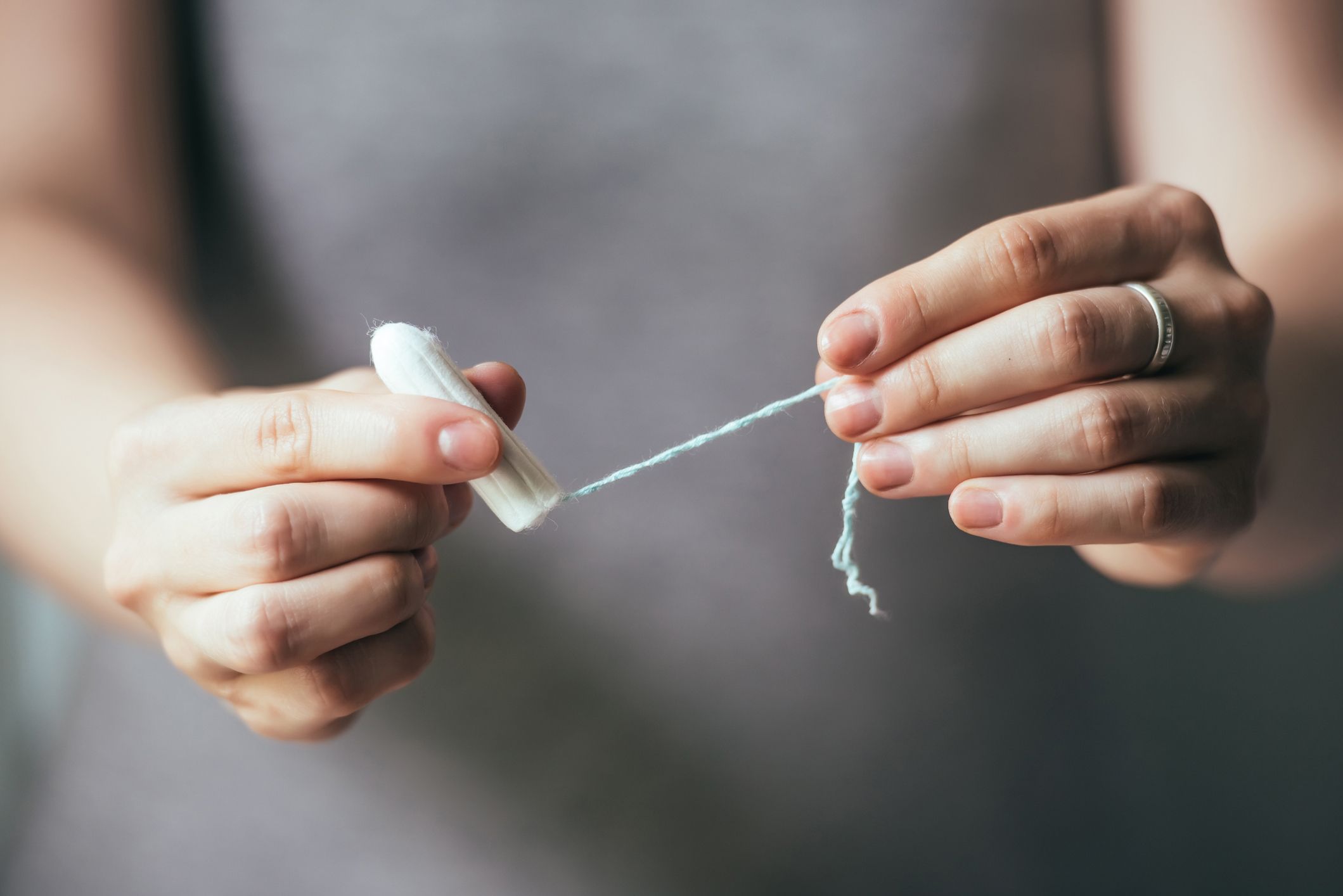
Opinions about the periods of female prisoners aren't about menstruation or even incarceration. They are an expression of our human values and the most basic rights of women. And just last week it was reinforced that our values and record on women's rights aren't that strong at all.
The United Nations addressed the issue of menstruating prisoners nine years ago when it enacted the "Rules for the Treatment of Women Prisoners and Non-custodial Measures for Women Offenders" also known as the Bangkok Rules for the city where they were adopted. The Bangkok Rules are 70 directives on how women in custody must be treated, including Rule 5, which states that all women in custody should get sanitary supplies—tampons or pads—and the ability to clean themselves when menstruating.
Many might expect that the United States would have already complied with such a simple requirement, as surely we're more advanced than other countries and we know how to treat the 219,000 women in American prisons and jails.
But we don't.
Both before and after the Bangkok Rules, women in prison have been denied the bare minimum needed to remain clean. In 2014, female prisoners in Michigan filed a lawsuit against Muskegon County because the jail was denying them the supplies they needed. A DOJ investigation revealed that women in Alabama prisons were required to "pay" for tampons and pads with sex acts performed on guards. In New York, inmates were required to keep their soiled tampons and pads to trade them in for new ones.
From serving more than six years in a maximum security prison, I know exactly how hard self-sanitation is. We often had to re-use maxi-pads or wad up toilet paper when we couldn't secure the items we needed.
Because this is a problem that is both dehumanizing and health-threatening, four United States senators introduced the Dignity of Incarcerated Women Act in July 2017, a bill that would have mandated that women in federal custody receive quality menstrual products in adequate supply, free of charge.
Even though the bill technically stalled in the Judiciary Committee, the portion of the Dignity for Incarcerated Women Act that ordered distribution of "healthcare products" to federal inmates has become law as a provision in the FIRST STEP ACT, the criminal justice reform bill that became law late last year.
Before it did that, the federal bill spawned various state-level bills, collectively called Dignity Acts, that aim to do the same thing. Dignity Acts have been introduced in 14 states so far. The bills remain pending in seven states and, by the end of 2018, another seven states had passed them without one "no" vote among any of those cast by legislators across the country. They knew better - voting on a version of the Dignity Act is tantamount to voting on a human rights referendum.
Until last week when four Republican representatives on Maine's Criminal Justice and Public Safety Committee voted against the Maine version of the Dignity Act. One even said that he didn't want Maine's female prisoners thinking they were in the custody of a "country club."
Any "no" vote is a vote in support of prison staff who dehumanize women in their custody, by forcing them to subsist in blood-soiled clothes. Hardly country club activities.
One Maine representative's defense of his "no" vote was that he thought that women already had the supplies in question. But that's a cop-out. Inmates and experts who know what happens behind bars never claimed that this was a problem of shortage; more than enough tampons and pads hide in closets and storage areas within women's correctional facilities to take care of inmates' needs.
The challenge here is distribution, how to get those supplies to women, since it's usually staff who hands them out. The power differential between a staff member and a prisoner is so pronounced that it often lends itself to manipulation, denial and, ultimately, human rights violations.
The typical objection to simply providing women with all the supplies they request was that women can abuse that alleged privilege by using them for purposes other than personal cleanliness, like as buffers for beds that bang against the wall or as cleaning sponges.
But that's not enough of a reason to vote against a law that is essentially a human rights referendum. In adopting a resolution similar to what's within the Bangkok Rules, the American Bar Association conducted an extensive investigation into best practices in dealing with prisoners with periods. Investigators concluded that the risk of waste was much smaller than it had been made out to be, and certainly wouldn't be enough to outweigh a woman's rightful access to the items that will keep her clean and healthy.
We shouldn't need any Dignity Acts at all. An international resolution that requires prisons to provide their wards with adequate supplies is already in place but this country all but ignores it. Without the force of law created by Dignity Acts, guards and wardens won't comply with basic principles of humane treatment of prisoners. That's the problem that must be solved. And judging by the comments made by duly-elected legislators last week, we're a long way away from that.
Chandra Bozelko is the Vice President of the National Society of Newspaper Columnists and writes a nationally-syndicated column for Creators Syndicate. You can follow her on Twitter at @aprisondiary.
The views expressed in this article are the author's own.
Uncommon Knowledge
Newsweek is committed to challenging conventional wisdom and finding connections in the search for common ground.
Newsweek is committed to challenging conventional wisdom and finding connections in the search for common ground.
About the writer
To read how Newsweek uses AI as a newsroom tool, Click here.








